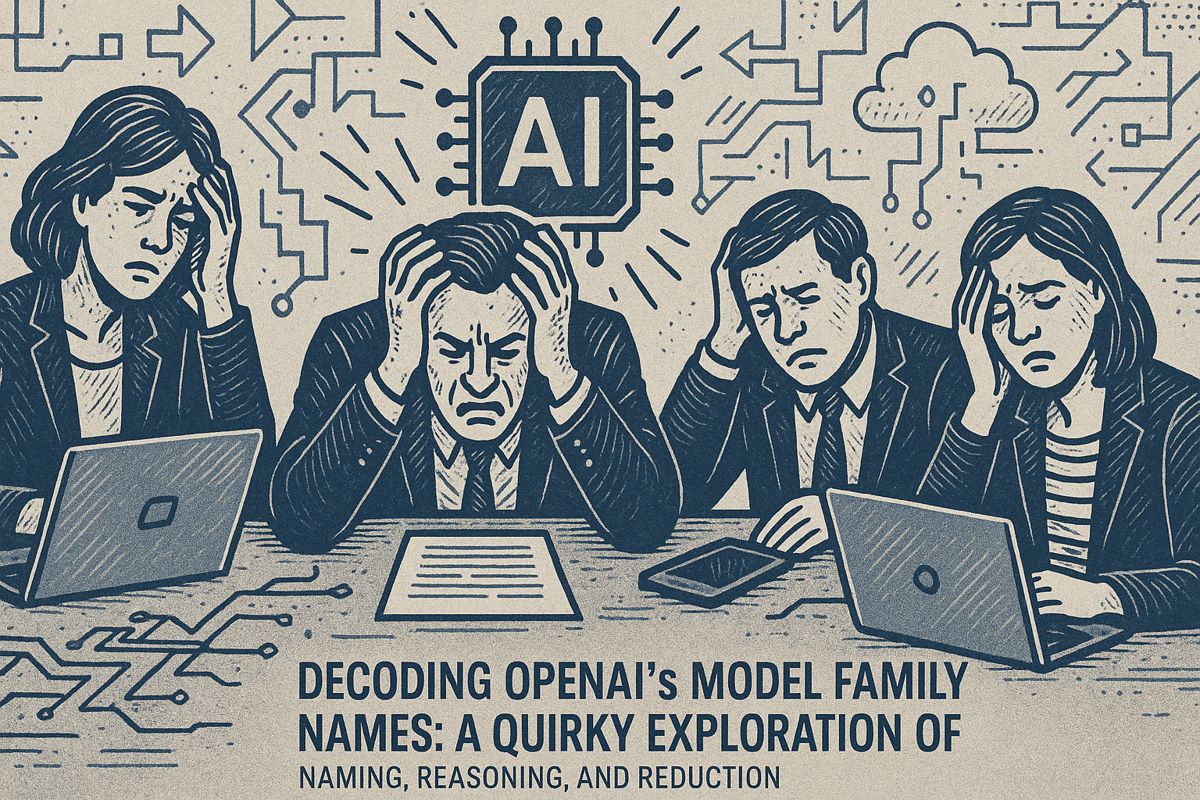Databricks and Sportsbet are making AI smarter and faster by taking it out of the lab and putting it to work in real-time. Their new tools help teams turn ideas into working AI agents in minutes, not days, and make quick decisions using live data. They save expert knowledge by turning people’s skills into code, so nothing is lost when someone leaves. Strong security and clear rules make sure everything runs safely and can be checked anytime. By doing all this, the companies are moving from just trying out AI to using it every day to boost profits and cut costs.
How are Databricks and Sportsbet moving agentic AI from pilot to production for real-time decisions, knowledge, and governance?
Databricks and Sportsbet advance agentic AI to production by focusing on three pillars: enabling real-time decisions with millisecond response times, capturing tribal knowledge as code to preserve expert intuition, and ensuring enterprise-grade governance with robust security, auditability, and automated evaluation processes.
Executives from Databricks* * and Sportsbet * are taking agentic AI from pilot to production by focusing on three pillars: real-time decisions, scaling tribal knowledge, and enterprise-grade governance*. Below is a snapshot of the playbook they shared at recent industry forums.
1. From Lab to Live Workloads
Databricks CIO Naveen Zutshi explained why 2025 is the inflection point. The company’s new Mosaic Agent Bricks, released in June, lets teams describe a task, connect data, and auto-generate synthetic training sets plus evaluation benchmarks. The result: a drop from days to minutes when moving an AI agent prototype into production.
At Sportsbet, Niall Keating’s team applies the same tooling to live sports data ingestion. Their risk agents now adjust odds on micro-markets (e.g., next-corner bets) within milliseconds, slashing error rates and boosting profit margins.
| KPI Shift at Sportsbet (2024 → 2025) | Before Agentic AI | After Agentic AI |
|---|---|---|
| Odds update latency | 1-2 seconds | <100 ms |
| Manual risk reviews per hour | ~300 | <30 |
| Total cost of ownership | baseline | *-49% * via Databricks automation |
2. Capturing Tribal Knowledge
Both firms treat undocumented expertise as critical IP. Sportsbet embeds veteran traders’ heuristics into reward models; Databricks curates “golden data” threads from its 10,000+ internal Slack channels, then uses MLflow 3.0 to version prompts and agent logic. Keating notes that “every retired trader equals 100 GB of lost context” – agentic AI halts that leakage by turning intuition into code.
3. Governance That Scales
Databricks’ Unity Catalog now enforces row-level security on agentic queries, while Sportsbet mirrors each agent decision to an immutable ledger for compliance audits. The shared mantra: observe, evaluate, rollback in minutes, not weeks.
According to a July 2025 UiPath report, 93% of US IT leaders are eyeing agentic AI, but only *32% * have budget earmarked for the next six months. The gap signals the exact transition pain these two companies are solving first.
Bottom line: enterprises that automate evaluation, embed domain expertise, and hard-wire governance are graduating from AI experiments to profit-generating, always-on agents before 2026 planning cycles close.
How did Databricks and Sportsbet move from pilot to production with agentic AI in 2025?
By June 2025, 93 % of US IT executives said they were actively exploring agentic AI, yet only 32 % expected to invest within six months (UiPath 2025 Agentic AI Report). Databricks and Sportsbet bridged that gap by focusing on three non-negotiables:
- Ground every agent in live, governed data via Unity Catalog and MLflow 3.0
- Automate evaluation and synthetic data generation with Mosaic Agent Bricks to replace manual tuning
- Embed tribal knowledge into workflows so subject-matter-expert decisions are scaled, not siloed
Sportsbet’s result: 49 % lower Total Cost of Ownership and micro-markets such as “next corner in the 73rd minute” priced and risk-managed in milliseconds – all running 24/7 without human traders.
What tribal knowledge did Sportsbet capture first, and how?
Sportsbet started with risk-trading expertise locked inside veteran traders’ heads. Using Databricks Lakehouse, they:
- Recorded every manual odds adjustment for 90 days, tagging the trigger (injury, weather, social buzz)
- Auto-generated synthetic scenarios with Agent Bricks to stress-test those rules
- Packaged the top 300 patterns into lightweight AI agents that now adjust prices faster than the original experts
The upshot: traders became supervisors, not bottlenecks, and the same pattern is being reapplied to customer-service and compliance workflows.
Which real-time decisions are AI agents making today at Sportsbet?
Agents handle decisions that must occur <200 ms:
- Dynamic odds on micro-markets (next point, next foul) using live sports data streams
- Risk limits that throttle or suspend markets when betting volumes spike irregularly
- Personalized offers pushed to users during ad-breaks based on their live betting graph
The platform ingests tens of thousands of data points per second, and agent latency is monitored in MLflow dashboards to ensure P99 <150 ms end-to-end.
How is governance enforced when agents act autonomously?
Three guardrails keep agents compliant:
- Unity Catalog policies enforce column- and row-level data access; agents inherit user roles
- MLflow 3.0 trace logs capture every prompt, retrieval, and action for audit replay
- Circuit-breakers hard-coded in Agent Bricks automatically escalate decisions that breach pre-set monetary or reputational thresholds
An external audit in July 2025 found zero high-risk agent actions outside policy boundaries.
What comes next – scaling beyond sports betting?
Databricks and Sportsbet see 2026 as the year agentic AI becomes horizontal:
- Marketing agents already prototype dynamic creative testing using the same pattern
- Reg-tech agents draft suspicious-transaction reports for AUSTRAC in minutes instead of hours
- Internal help-desk agents resolve infra tickets by referencing real-time cluster metrics
Sportsbet estimates 30 % of all internal decisions – from finance to HR – will be agent-assisted by end-2026, leveraging the same evaluation and governance scaffolding proven on the trading floor.



















